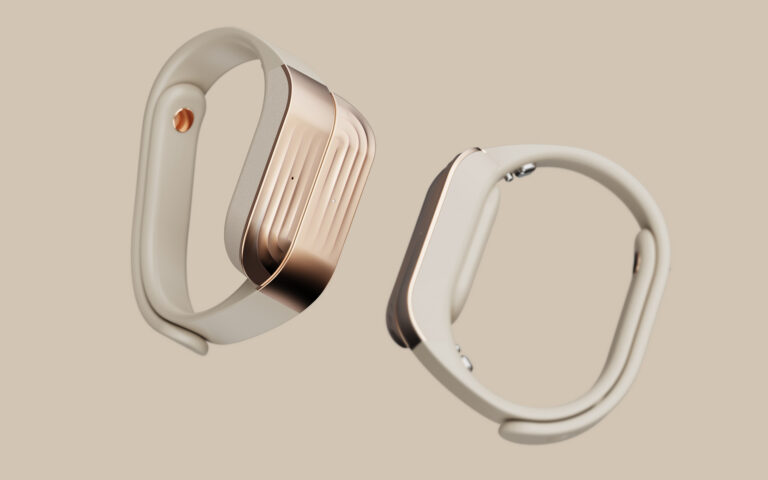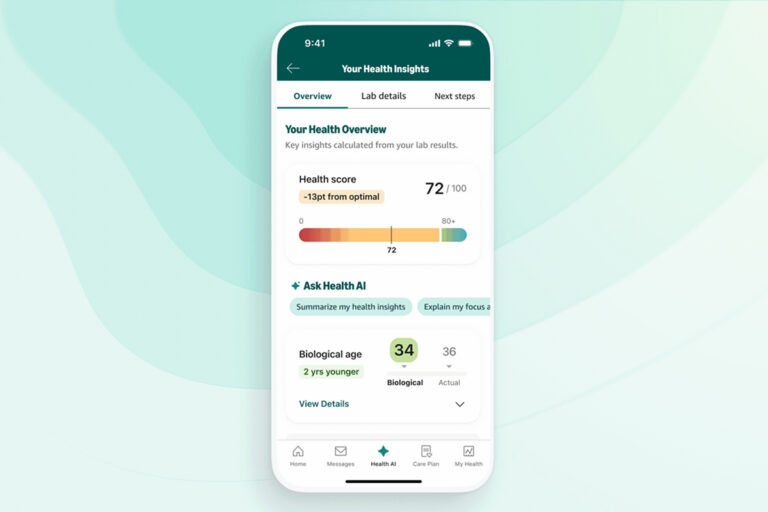Toxicity is top of mind.
What’s happening: A new study found troubling a buildup of microplastics in the brain.
- Concentrations rose ~50% from 2016–2024.
- The average person’s frontal cortex may contain up to seven grams.
- Brain tissue contains up to 30x more than other organs, and those with dementia had 10x higher concentrations.
Insane in the brain. 12 different polymers were in a single sample, with polyethylene—making up bottles, packaging, and more—the most present.
Most troubling, these microplastics are crossing the brain-blood barrier, lodging in the part of the brain that regulates neuron signaling — raising the alarm for cognitive illness.
Clean dream. While ever-present in everyday life, meat products were named as a major source of micro- and nanoplastics. But, other studies point to water, seafood, and personal care items.
With detriments adding up, and bodily accumulation building, higher doses may reach a toxic threshold for myriad diseases — and the threat is reaching mainstream consciousness.
Lead author Dr. Matthew Campen remarked, “I have yet to encounter a single human being who says, ‘There’s a bunch of plastic in my brain and I’m totally cool with that.’”
Looking ahead: A universal concern, brands that minimize microplastic content, assure purity, and reverse toxicity will be the new all-natural.






